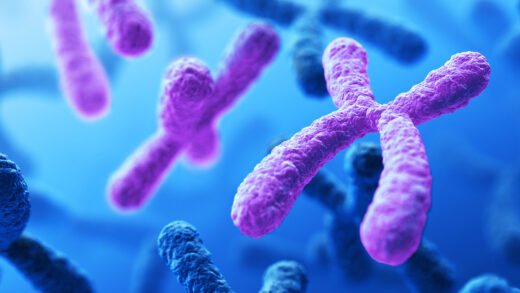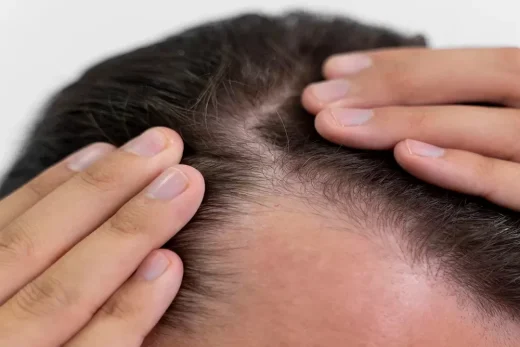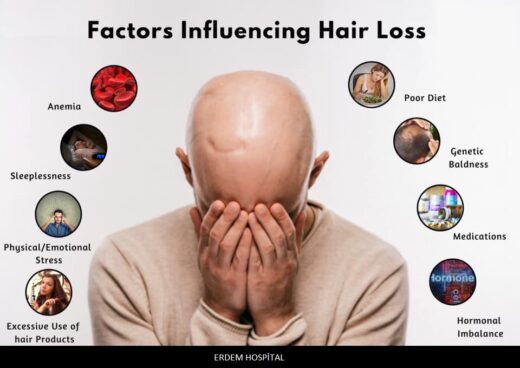Hair loss is a common concern for many people, and genetics play a significant role in determining whether someone will experience baldness. One of the most frequently asked questions about hair loss is whether it is inherited from the father’s side or the mother’s side. The truth is that both sides of your family contribute to your likelihood of experiencing hair loss, but the maternal side has a slightly stronger influence.

The Role of Genetics in Hair Loss

The primary cause of hereditary hair loss is androgenetic alopecia, also known as male-pattern baldness or female-pattern baldness. This condition is influenced by multiple genes, with one of the most important being the AR (androgen receptor) gene, which is located on the X chromosome. Since males inherit their X chromosome from their mother and their Y chromosome from their father, this means that the genetic predisposition for hair loss is often traced through the mother’s side.
Why the Mother’s Side is Often Blamed
Since men inherit the X chromosome from their mother, and the AR gene on this chromosome is linked to sensitivity to dihydrotestosterone (DHT)—a hormone responsible for shrinking hair follicles—many scientists believe that baldness is more strongly inherited from the maternal side. If a man’s maternal grandfather was bald, he has a higher chance of experiencing hair loss himself.
The Father’s Side Also Plays a Role
Although the X chromosome plays a major role, it is not the only factor in hair loss. Genetics are complex, and multiple genes from both parents influence hair growth patterns. If a man’s father is bald, he is also at an increased risk of experiencing hair loss. Recent research has shown that hair loss is polygenic, meaning that multiple genes from both maternal and paternal lineages contribute to the likelihood of baldness.
Other Factors That Contribute to Hair Loss

While genetics are the primary factor, there are also other contributors to hair loss, including:
- Hormonal Changes: High levels of DHT contribute to hair follicle shrinkage and eventual hair loss.
- Age: Hair loss becomes more common with age due to natural changes in the hair growth cycle.
- Stress: Chronic stress can lead to hair shedding conditions like telogen effluvium.
- Diet & Nutrition: Deficiencies in iron, biotin, and vitamin D can contribute to hair thinning.
- Medical Conditions & Medications: Conditions like thyroid disorders and certain medications can accelerate hair loss.
Can You Prevent Genetic Hair Loss?
While genetic hair loss cannot be completely prevented, there are ways to slow down the process and maintain hair health:
- Medications: FDA-approved treatments like minoxidil (Rogaine) and finasteride (Propecia) can help slow hair loss and even promote regrowth.
- Hair Transplants: Advanced procedures like FUE (Follicular Unit Extraction) and FUT (Follicular Unit Transplantation) offer permanent solutions.
- Healthy Lifestyle: Eating a balanced diet, reducing stress, and maintaining good hair care habits can help improve hair health.
Final Verdict: Mother’s Side or Father’s Side?
Although the X chromosome from the mother’s side has a significant influence, genetic hair loss is inherited from both parents. If there is a history of baldness on either side of your family, you may be at an increased risk. However, since multiple genes contribute to hair loss, it is not solely dependent on one parent.
If you are concerned about hair loss, consulting a dermatologist or trichologist can help you understand your risks and explore treatment options.
